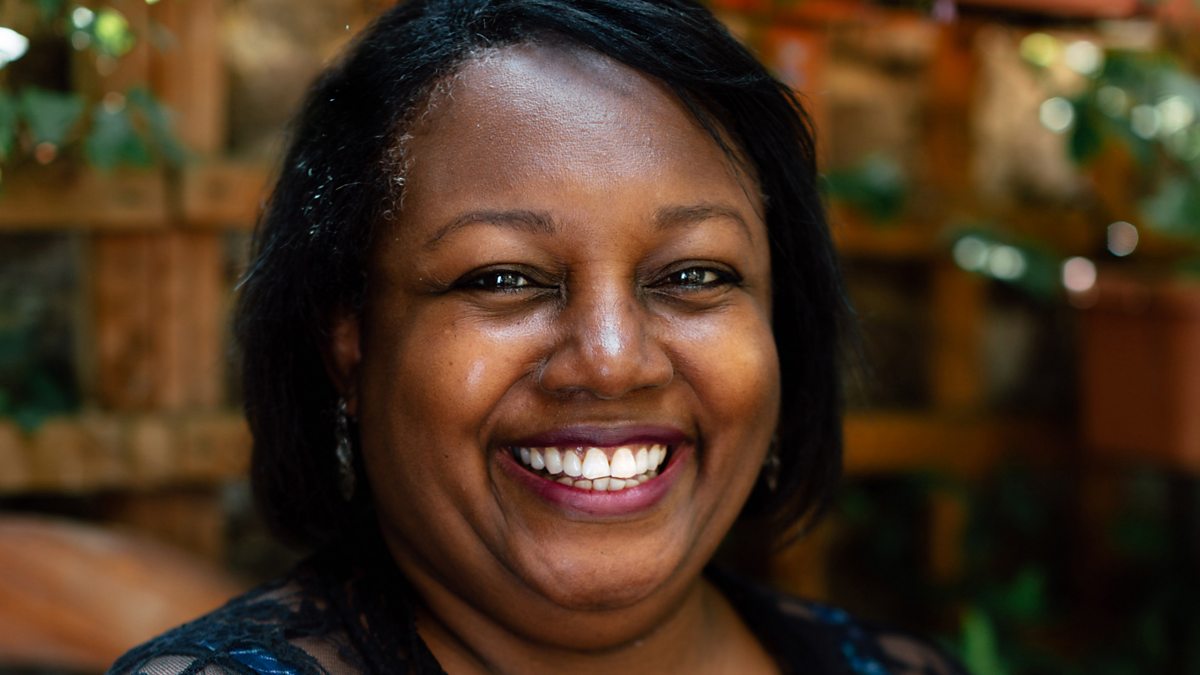

And Blackman thought that was the end – until she wrote Double Cross, in which Callie and her Nought friend Tobey are involved in a racialised gang war. In sequels Knife Edge and Checkmate, Sephy’s daughter with Callum, Callie Rose, becomes a teenager with more opportunities than her father. Their romance is illicit and fraught: Sephy struggles to understand what Callum is facing in their deeply segregated world, while Callum comes to see violence as the only way to advance Nought rights. The first book, published in 2001, focuses on Persephone (Sephy) Hadley, the privileged Cross daughter of Albion’s home secretary, and Callum McGregor, the Nought son of the Hadleys’ housekeeper. It is set in Albion, an alternative Britain that was colonised by Africa, where the black population call themselves Crosses (as they are closer to God), while the white are Noughts (poorer, institutionally discriminated against). After 20 years, six books and three novellas, Noughts & Crosses, Blackman’s most famous series, is finished. What she was doing is probably the hardest thing an author can do: writing the ending. I wasn’t saving lives, but I was doing something.” Endgame was a good thing because it felt like I was doing something. But you do what you can, so I focused on my writing. “I was getting government letters saying: ‘Don’t go out.’ I was trying to live as normal a life as possible, knowing full well it was extraordinary circumstances. “It has been a very strange time,” she says.

Having been classed as extremely vulnerable due to a health condition, Blackman has been isolating for most of the pandemic – and it is clear that, as she puts it, she “loves a chat”. The last 18 months, however, have been a significant challenge. She felt it even when going into schools to a sea of white faces, where the librarian would say: “But you’re just writing for black children.” She did when she went into bookshops and found her books hidden away on the “multicultural” shelf she’d simply pull them out and refile them under B. She remained so when she opened her 82nd rejection, before her first book, Not So Stupid!, was published in 1990. M alorie Blackman is used to staying hopeful.


 0 kommentar(er)
0 kommentar(er)
